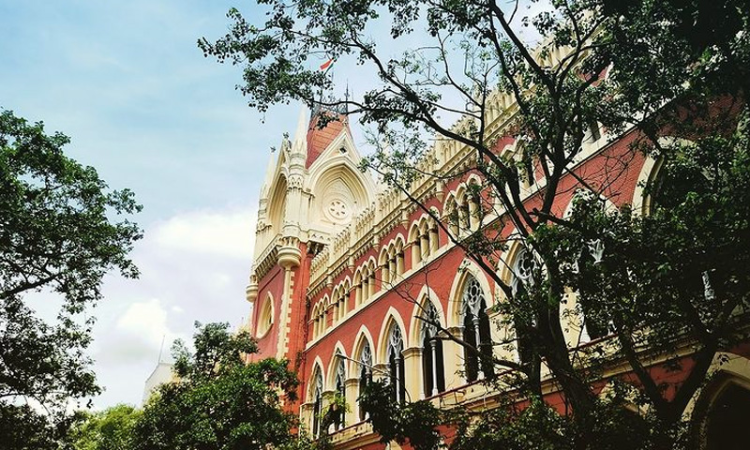'Penetration Even Of Slightest Degree Is Necessary To Establish Offence Of Rape': Calcutta HC Modifies Order Of Conviction To 'Attempt To Rape' In Case Concerning 11 Yr Old Girl
Aaratrika Bhaumik
28 Feb 2022 9:11 PM IST

Next Story
28 Feb 2022 9:11 PM IST
